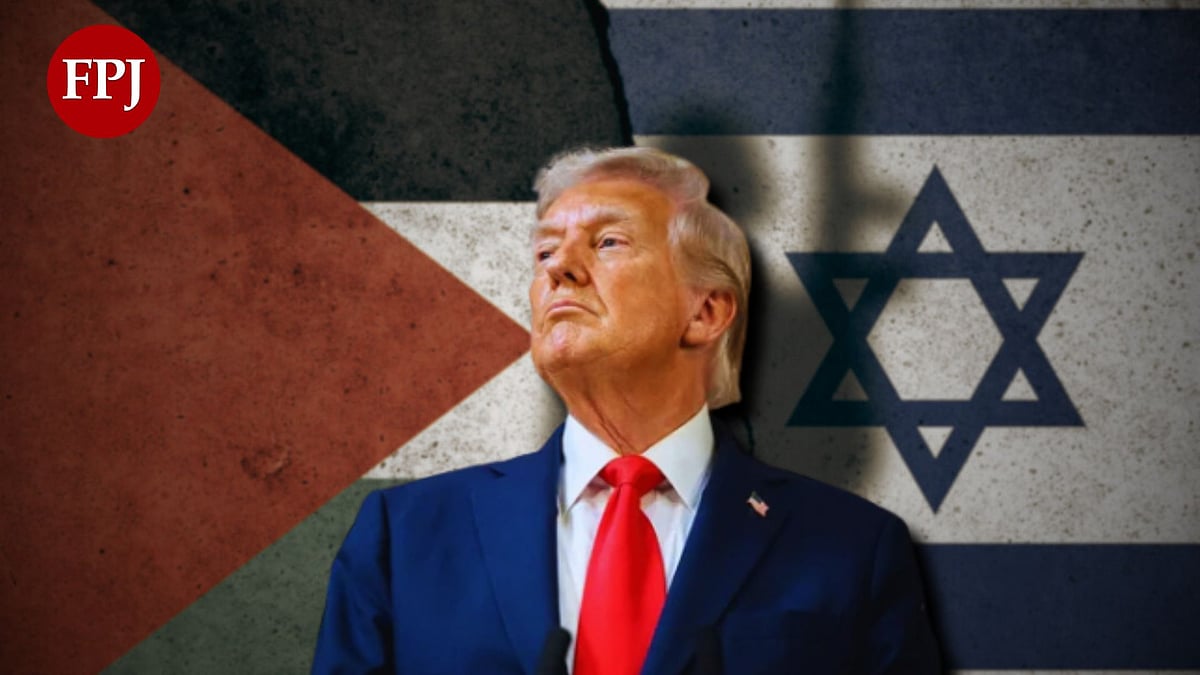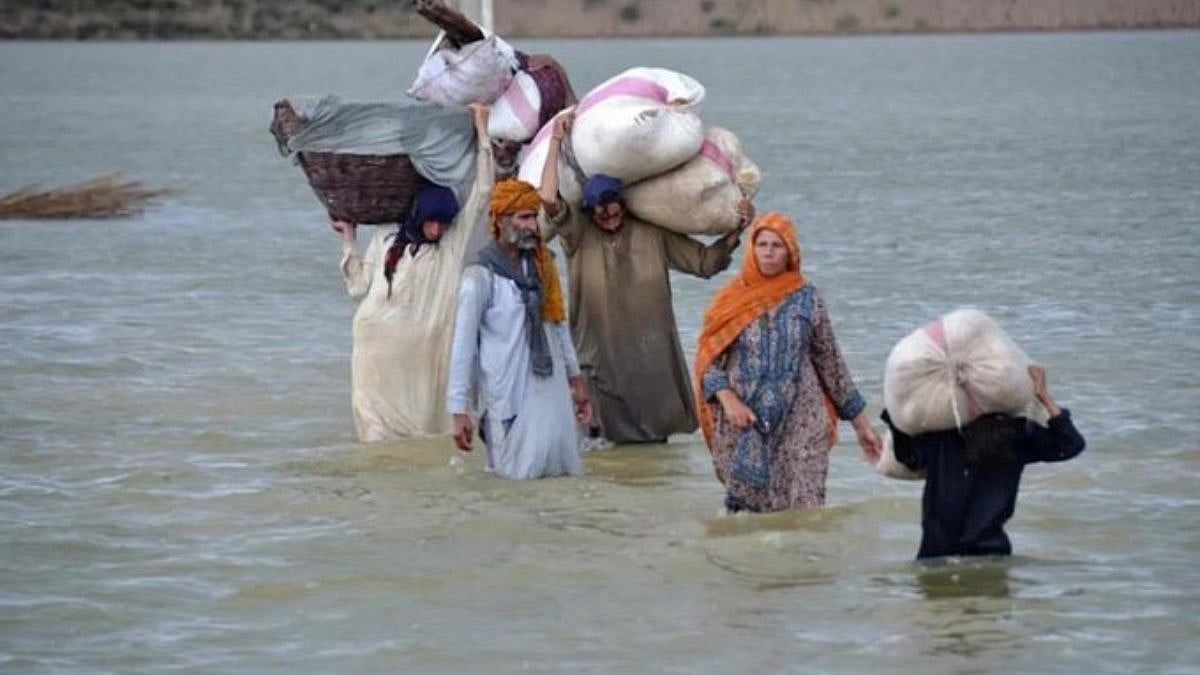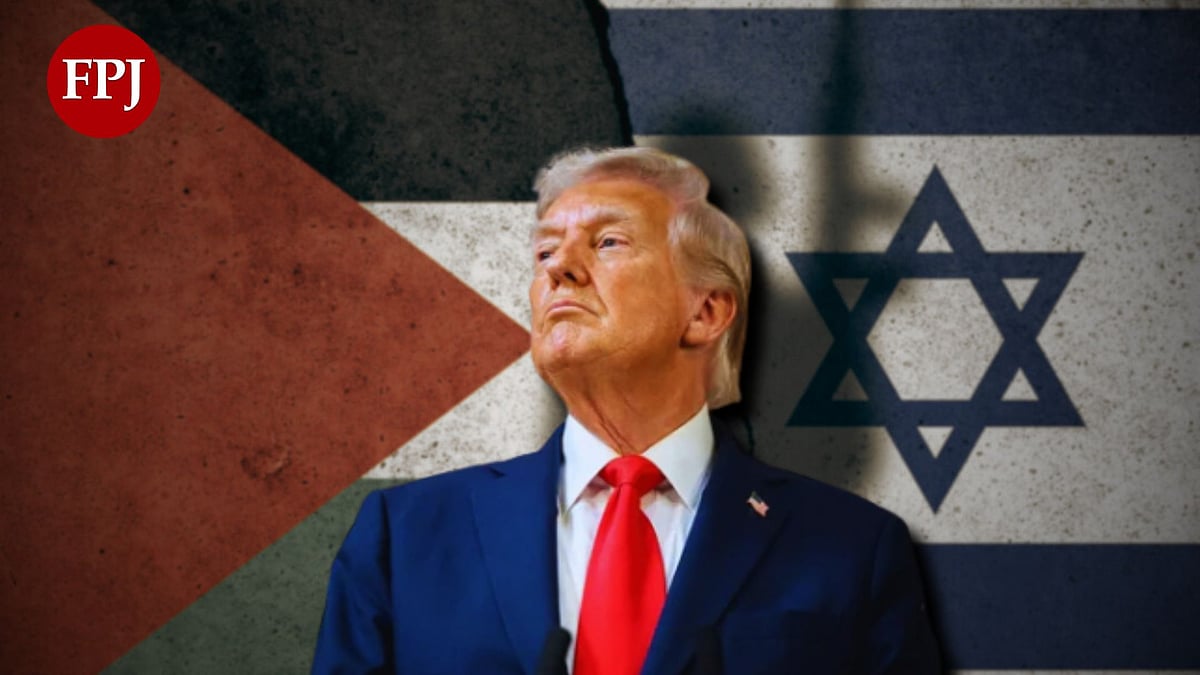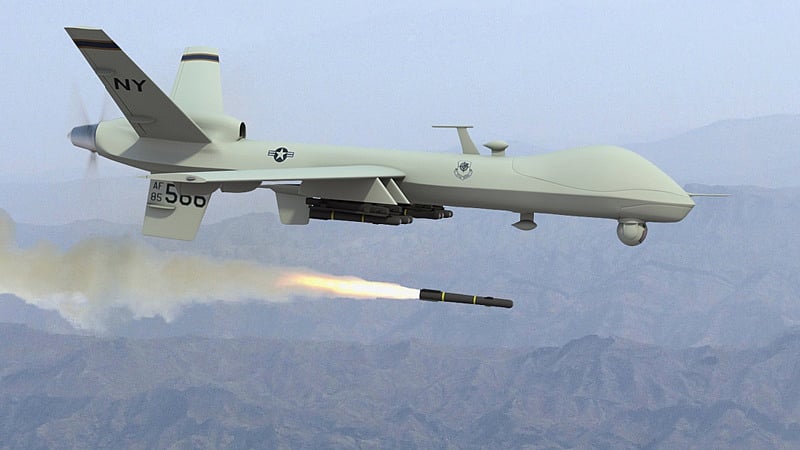Amid international pressure on Israel for its ongoing war on Gaza, four Western countries have recognised the State of Palestine, highlighting their support for Palestinian statehood. Canada, Australia, Portugal and the United Kingdom have recently joined the 147 United Nations (UN) member states that already recognise Palestine.
However, despite the majority, Palestine remains outside full UN membership, blocked by a system that empowers five countries with a decisive veto.
What does the recognition of a statehood mean? How Palestine's status is handled at the United Nations? And why one vote can block global consensus? The Free Press Journal explains:
What does it mean to recognise a state?
Recognition of a state is a formal declaration by one country acknowledging the existence of another as a politically independent entity with defined territory and a functioning government. It is both legal and political. Politically, this recognition reflects a willingness to engage in diplomatic relations and accept the entity as part of the international community.
In legal terms, recognition signals that a human society in a defined territory is politically organised, independent of external authority, and capable of fulfilling international obligations.
Who recognises Palestine as a state?
So far, 147 of the 193 UN member states recognise Palestine as a state. This includes a growing list of countries in both the Global South and increasingly, the West.
Most recently, Canada, Australia, Portugal and the United Kingdom formally announced their recognition of Palestine statehood. Canada's Prime Minister Mark Carney said the move was meant to support "a peaceful future for both the State of Palestine and the State of Israel" and added that the recognition is "not a reward" for Hamas.
Australia, echoing the statement, said that the decision aimed to revive the momentum for a two-state solution. Portugal called the recognition a "continuation" of its foreign policy principles.
These announcements have come in the context of deepening international criticism of Israel's assault in Gaza and expanding settlements in the West Bank.
Who hasn't recognised Palestine?
Key Western allies of Israel, including the United States, have not recognised Palestinian statehood. Israel itself strongly opposes the move. Israeli Prime Minister Benjamin Netanyahu referred to recent recognitions as a "prize for Hamas" and said a Palestinian state "will not happen".
The US and Israel argue that recognising Palestine while conflict persists rewards militant groups and undermines negotiated peace. The US has also made it clear that it will not support recognition at the current moment, despite growing domestic pressure.
Here's why recognition doesn't guarantee UN membership
Recognition by individual states is not enough to grant full United Nations membership. For Palestine to become a full member state, it must secure approval from the UN Security Council, not just the General Assembly.
Currently, Palestine holds a non-member observer state status at the UN, which allows participation in debates and some UN bodies but without voting rights.
Role of UN Security Council and veto power
The Security Council is the UN body responsible for maintaining international peace and security. To become a full UN member, a country needs an affirmative vote from at least nine of the fifteen Security Council members, including the concurring votes of all five permanent members.

Representational Image | Generated by AI
These five countries including the United States, the United Kingdom, France, Russia, and China, are collectively known as the P5. They hold veto power, meaning any one of them can block a resolution by voting against it.
Even if all other members support Palestine’s admission, a single veto from the US can (and has) blocked it. Abstention does not count as a veto, but an explicit “no” vote kills the resolution.
But, why was veto established?
The veto was established after World War II to ensure that the most powerful nations remained engaged in the new UN system. The idea was that without such a provision, major powers would refuse to participate, weakening the organisation’s authority.
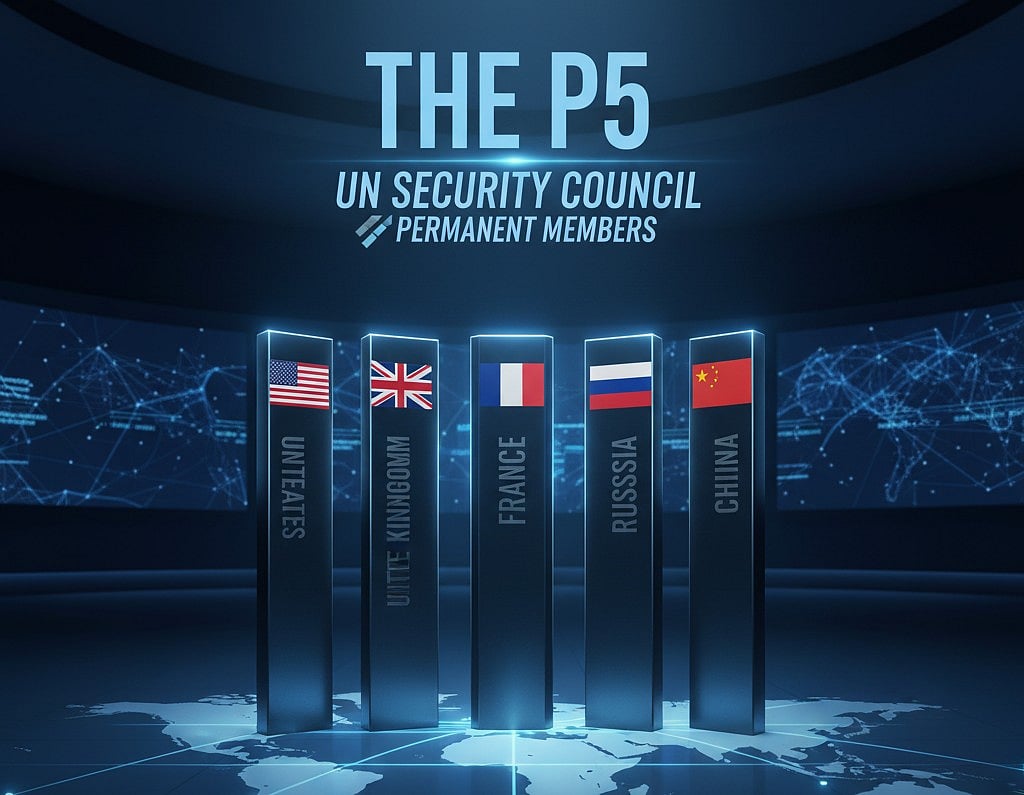
Representational Image | Generated by AI
However, the veto has since become a source of "frequent gridlock", particularly in issues involving the interests of the P5. In Palestine’s case, it has prevented a significant majority of the world from converting symbolic recognition into actual UN membership.
Here's why the wave of recognition still matters:
The growing list of recognition reflects a shift in global political sentiment. Even long-standing allies of Israel are publicly backing the concept of a Palestinian state. With more countries expected to follow at the UN General Assembly in New York this week, the political weight behind a two-state solution is increasing.
The move may not bypass the veto, but it sends a strong signal about the changing dynamics of international diplomacy.
